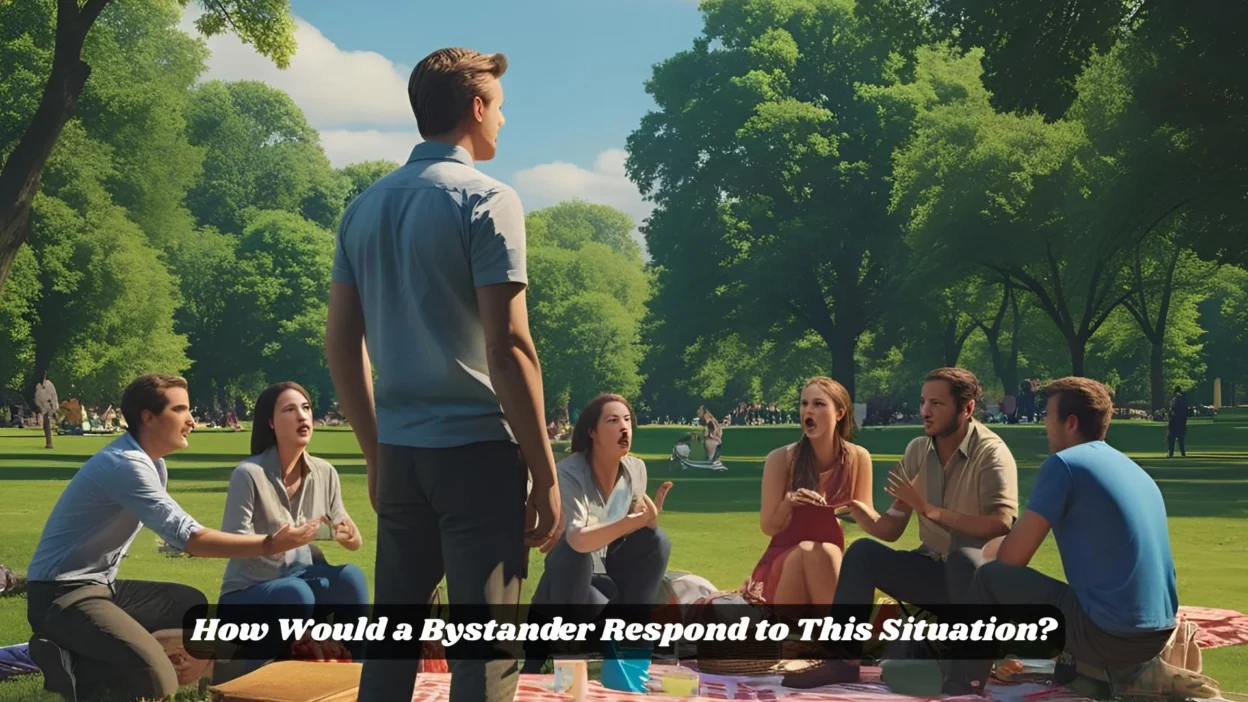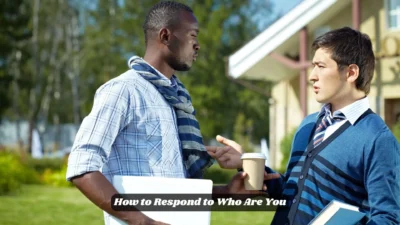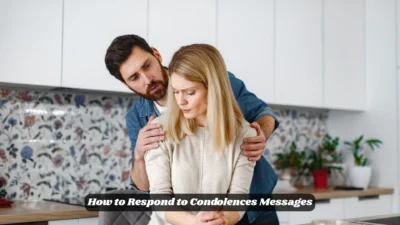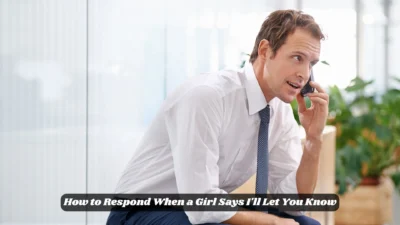You’ve probably found yourself asking: Is there another way to say “how would a bystander respond to this situation?” You’re not alone.
This phrase pops up often, but depending on the context, it can feel clunky or too plain. You want to sound polished, natural, or even persuasive—but the right words escape you.
Good news—your search ends here.This guide shows you exactly how to say this phrase in over 120 different ways.
Why? Because each situation asks for a different tone. What works in a school report may not fit in a boardroom. What sounds perfect in casual chat may not suit a news article.
Below, you’ll find the best phrases to match every setting: formal, informal, idiomatic, and professional. Let’s dive in.
Formal Ways to Say How Would a Bystander Respond to This Situation
Use these refined expressions in essays, reports, academic texts, or respectful debates:
- What might a witness do in this context
- How could an observer react under these circumstances
- What would an onlooker’s likely course of action be
- How might a neutral party respond to the unfolding events
- What behavior could be expected of a third-party witness
- How is a passive witness expected to act
- What reaction may arise from someone uninvolved
- In what way would a nonparticipant address this matter
- What might a peripheral figure contribute in this instance
- What action is appropriate for an individual not directly involved
- How could a detached viewer be expected to respond
- What would be the moral duty of a casual witness
- How might an external observer intervene
- What is the expected reaction of someone observing from the sidelines
- How may an impartial person behave in this case
- What would a concerned onlooker most likely do
- How is a bystander’s reaction typically viewed in formal settings
- How might a third party respond in critical moments
- What responsibility falls on the shoulders of a nearby witness
- What reaction might occur from someone observing silently
- How could a passive attendee react in this situation
- What actions may be reasonable for a person nearby
- How might a present but uninvolved party react
- What would a non-engaged viewer think to do
- In what ways could a silent observer make a difference
- What expected steps could be taken by a person present
- How might an onlooker fulfill a civic responsibility
- What could be an ideal response from a neutral presence
- How might one on the scene react without direct involvement
- How is an appropriate bystander reaction defined in protocol
- What are the expected behaviors of an impartial person present
Informal Ways to Say How Would a Bystander Respond to This Situation
These casual expressions are perfect for conversations, storytelling, or blog posts:
- What would someone standing there do
- How do folks usually react when they see stuff like this
- What might a random person do in that moment
- How would you act if you saw that happen
- How would people around respond
- What do most people do when something like that goes down
- How might someone nearby jump in
- What do you do if you just happen to be there
- What would you do if you saw that happening
- How do bystanders usually deal with things like this
- How does someone watching from the side react
- What would a person on the spot think to do
- What would someone do if they were just minding their business
- What’s the usual move from someone just watching
- How might someone step in when they see trouble
- What would someone chilling nearby probably do
- How might someone just passing by respond
- What do people usually do when they don’t know what’s going on
- How would you react if it happened in front of you
- How do people usually handle seeing that stuff
- What would someone just hanging out do
- What might someone do if they weren’t sure what’s happening
- What’s the average person do in that kind of moment
- How might someone with no clue jump in
- What would a person do if they didn’t want to get involved
- What would someone in the crowd do
- How might you respond if you were just standing there
- What might someone do if they caught it by surprise
- What would the person next to you probably do
Idiomatic Ways to Say How Would a Bystander Respond to This Situation
These are fun, colorful phrases that bring style and tone:
- What would someone on the sidelines do
- How might a fly on the wall react
- What’s the move for someone watching from the cheap seats
- How would someone in the peanut gallery respond
- What would a fence-sitter decide
- How does a person with skin out of the game react
- What’s a looker-on expected to do
- What’s the play from someone out of the loop
- What would someone keeping their nose clean do
- How might someone caught flat-footed react
- What’s the next step for someone caught off guard
- What would a deer in headlights try to do
- How might someone sitting on their hands respond
- What would someone not in the driver’s seat do
- What happens when a wallflower sees trouble
- How might a silent witness break the ice
- What does a stander-by do when things go south
- What’s someone do when they’re not calling the shots
- How does a person on the edge of the action step in
- What would a non-player on the field do
- How would someone outside the loop respond
- What’s the deal when someone’s not steering the ship
- What might someone not wearing the jersey do
- How does a silent spectator handle the heat
- What would someone with a front-row seat but no script do
- What does someone do when they’re watching the train wreck
- What happens when you’re not holding the mic
- How does someone off-stage react
- What’s the take from someone not in the spotlight
- How would a backseat viewer handle that
Professional Ways to Say How Would a Bystander Respond to This Situation
Ideal for email, meetings, reports, or training scenarios:
- How might an uninvolved team member respond in this scenario
- What is the appropriate response from a witness in the workplace
- What should a colleague do if they observe this
- How does a non-participant address this incident
- What would be a responsible action from someone who saw this
- What’s the best response from a staff member not directly involved
- How might someone in the vicinity handle the matter
- What should an observer do under these circumstances
- How should a team member react when not assigned to the task
- What steps can be taken by a third party present
- What are the expectations for a bystander in a company setting
- What is the protocol for someone witnessing the situation
- What would a co-worker typically do if they noticed this
- How can someone contribute without being part of the problem
- What would a responsible observer do
- How can a leader-by-example respond when they’re not directly involved
- What’s the duty of care for someone nearby
- How might a team member de-escalate from the sidelines
- What’s a standard action when witnessing conflict
- How does someone handle witnessing a safety breach
- What are the professional norms in this kind of moment
- What should an uninvolved party consider doing
- How might an HR-minded observer respond
- What’s a productive next move for someone on the floor
- What’s the best practice in this observation scenario
- What’s a respectful way to intervene as a bystander
- How might someone fulfill ethical standards without being a direct party
- What action shows awareness without overstepping
- How should someone present respond while staying neutral
- What’s a tactful response from someone in the area
Conclusion
Using the right words changes everything. Saying how would a bystander respond to this situation the same way each time just won’t work. Context matters. The right tone, the right phrase—it helps you sound thoughtful, smart, and clear. Whether you’re writing, talking, or reporting, now you have over 120 ways to make your point. Practice using them. Pick the phrases that fit your style. With a little effort, you’ll never struggle to find the perfect expression again.

Emilly Dickson is a renowned Urdu author, researcher, and storyteller known for his insightful take on contemporary social issues. His writing style is simple yet thought-provoking, engaging readers while encouraging them to reflect on deeper themes.
Professionally, he is an academic with a PhD in Urdu Literature and has been involved in teaching for over a decade. His works have been published in various national and international literary journals. Dr. Alvi is also a mentor to aspiring writers and an active participant in literary forums and events.
Selected Works:
-
The Screams of Silent Words
-
Travelers of Shadows
-
A Story Stuck on the Lip




